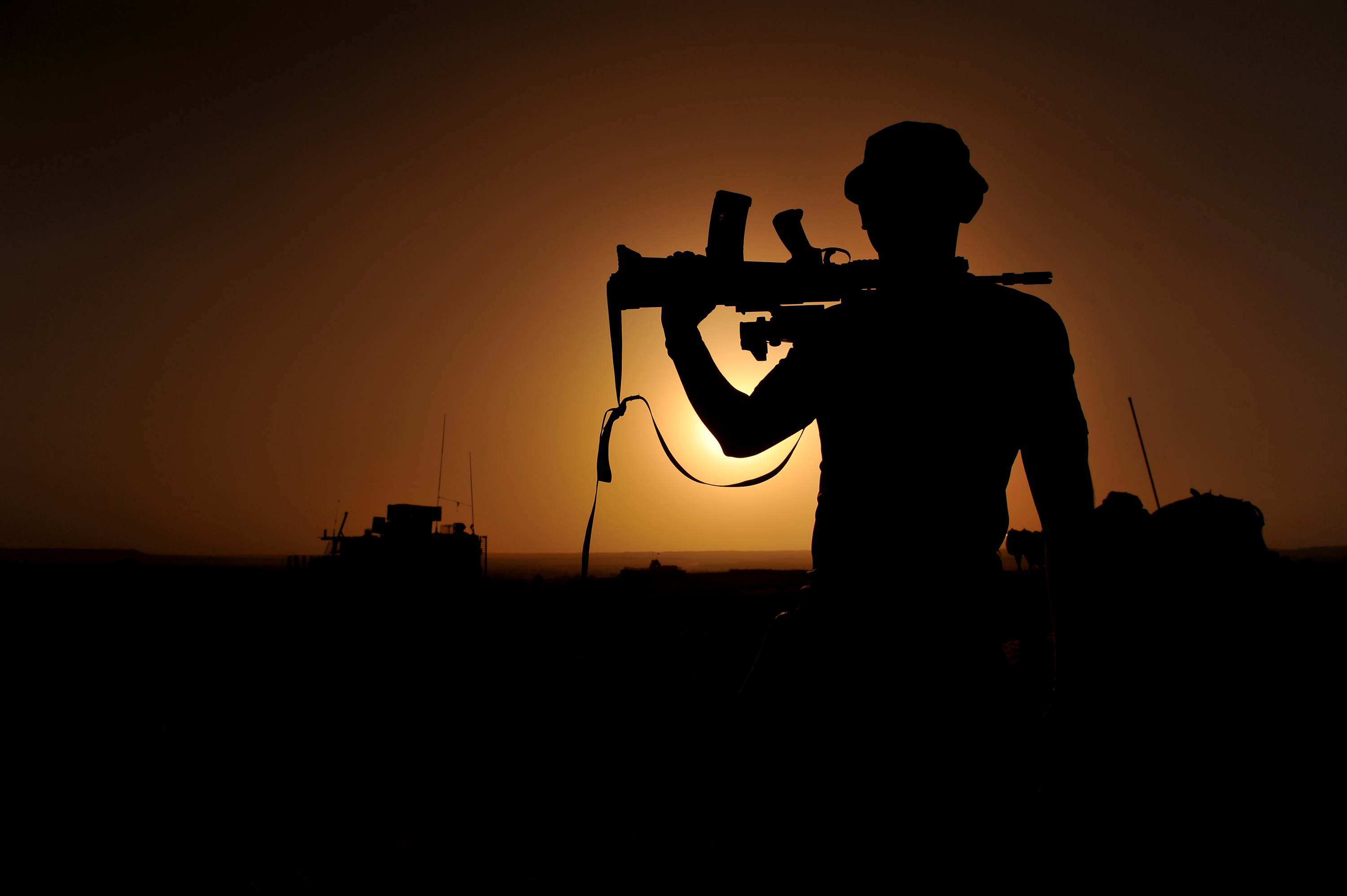By Matthew Bell:
Would an independent Scotland be missing some essential body parts?
How do you create a new country? Not a question many of us have had to ask, but one surely on the minds of thousands of Brits worrying what independence would mean for the security we have all come to take for granted.
The Scots now join an exclusive club of peoples who have found themselves charged with picking a course separate from that of its closest neighbour – in Scotland’s case, one it has been bound to for over 300 years.
Devolution has given Scotland a taste of independence, and much debate has understandably focused on whether Scotland could afford to lose the pound and many of the businesses that may prefer to be based across the border.
But the White Paper[1] published by the Scottish government last November also shows the scale of the task it faces in setting up new structures for defence and security.[2]
Or rather, it doesn’t. Because virtually every statement made on defence raised new questions without answering the multitude already posed.
Scotland’s future membership of the EU is far from certain, while the Scottish National Party has gently retreated from an absolute ban on nuclear weapons in its territory, reflecting just how much it values membership of NATO - an alliance underpinned by nuclear deterrence.
Vital organs
But even without descending into those uncertain waters, an independent Scotland would plainly have a plethora of problems to address, with few solutions clear.
Chief among these is how to create the public bodies that will look ahead, gather information, make plans and execute them to ensure Scotland stays safe and secure. All the boring stuff that in reality comprises the vital organs of a country, helps animate its spirit and keeps everything working properly.
The UK government estimates Scotland would need to create over 200 public bodies after independence,[3] including about a dozen that would be essential to secure its borders and protect the new nation.
The Scottish government countered that the list proved how “cluttered” the UK’s public sector had become, and said it would absorb many of the required roles into pre-existing departments and agencies.[4] Even so, the list of essential defence bodies is formidable.
This should not be too surprising for a country vying to break away and go it alone. But astonishingly, the SNP seems to have given little or no thought on how to pay for it.
Settling on an annual defence budget of £2.5 billion is all very well, even if many of the SNP’s stated expectations – including a fleet of at least 12 Typhoon fighters – seem more than a little unrealistic.
But factor in the costs of setting up a sprawling network of highly skilled military and civilian staff to carry out a bewildering array of highly specialised jobs, and you wonder how much money would be left.
At the risk of burdening illumination with detail, this is how the list stands. Bear in mind this is not an exact science, and much of what is currently done in UK hands could indeed be shuffled around quite a bit, as the SNP suggests – but the sheer scale of the challenge is eye-watering:
MI5 – spying for protection of the homeland
MI6 – foreign spying for protection of the homeland and overseas interests
GCHQ – data and signals monitoring
Ministry of Defence – strategic planning, co-ordination and command, troop recruitment and training, essential liaison with other armed forces
Defence Science and Technology Laboratory – scientific and technical research on technologies too sensitive or specialised for the private sector
Defence Nuclear Safety Committee – expertise on nuclear programmes, sites and operations
Defence Scientific Advisory Council – expertise on other areas of engineering and technology
Defence Support Group – essential maintenance of land and aerial vehicles
Advisory Group on Military Medicine – advice on the use of medical treatments on operations
Armed Forces Pay Review Body – independent advice on military salaries
The list does not include the following bodies, whose roles are carried out within the MoD but are significant enough to warrant separate mention:
Defence Intelligence - strategic defence intelligence for the military
Defence Equipment & Support – buys all the MoD’s equipment, annual budget £14 billion
The Scottish government has at least tackled part of the conundrum, settling on the creation of a Security and Intelligence Agency to replace the work currently done by GCHQ, MI5 and MI6.[5]
But even here the strategic planning and costing is woefully inadequate, according to the Royal United Services Institute.[6]
An effective agency would take years to build from scratch, and would probably have paltry access to data and signals intelligence to properly identify and track security threats, says RUSI.
To add to its woes, an independent Scotland would not have automatic access to the ‘Five Eyes’ intelligence pool – shared by the UK, US, Canada, Australia and New Zealand – and could also be left out from the Club of Berne, which enables intelligence sharing between European agency heads.
A familiar new friend
These challenges may push an independent Scotland towards close intelligence co-operation with the remainder of the UK, but the UK would not be in a position to share sensitive information garnered by others without their permission.
All things considered, the rest of the UK would have to decide how secure it would be with the country on its border shorn of useful intelligence and the means to understand it. In defence too, the UK and Scotland may prefer intimate collaboration to ensure the joint security of the island.
This is perhaps the nub of the issue: the extent to which UK co-operation would be desirable or even essential for Scotland in any number of areas, from defence and intelligence to finance and business.
The problem will hit both countries hard, at which point the politicians will really have to earn their pennies by striking acceptable compromises across the board.
Of course, both sides already know what could be coming and are busy installing leverage for what would be hugely important separation negotiations.
But in a worst case scenario, could Scotland really get by on its own if the political battle was lost, and it received minimal aid in defence and intelligence from the remainder UK?
Those working in defence and security already face a sea of uncertainties in their daily toil. Independence without proper planning could bring a whole lot more.
______________________
Matthew Bell is author of ‘Making the Break’ (November 2013) and ‘Separation Anxiety’ (June 2012), articles on Scottish independence and defence published by IHS Jane’s.
www.Matthew-Bell.com
@MatthewAlBell
NOTES
[1]Scottish government White Paper: http://www.scotland.gov.uk/Publications/2013/11/9348/0
[2]Scottish government White Paper - international relations and defence: http://www.scotland.gov.uk/Publications/2013/11/9348/10
[3]List of 200 public bodies Scotland would need to establish after independence: https://www.gov.uk/government/publications/uk-public-bodies-that-operate-in-scotland
[4] BBC coverage of public bodies serving Scotland: http://www.bbc.co.uk/news/uk-scotland-scotland-politics-22993752
[5] Scottish government White Paper - security and intelligence: http://www.scotland.gov.uk/Publications/2013/11/9348/11
[6]RUSI on the proposed Scottish security and intelligence agency: https://www.rusi.org/downloads/assets/201403_BP_Scotlands_Blueprint.pdf



